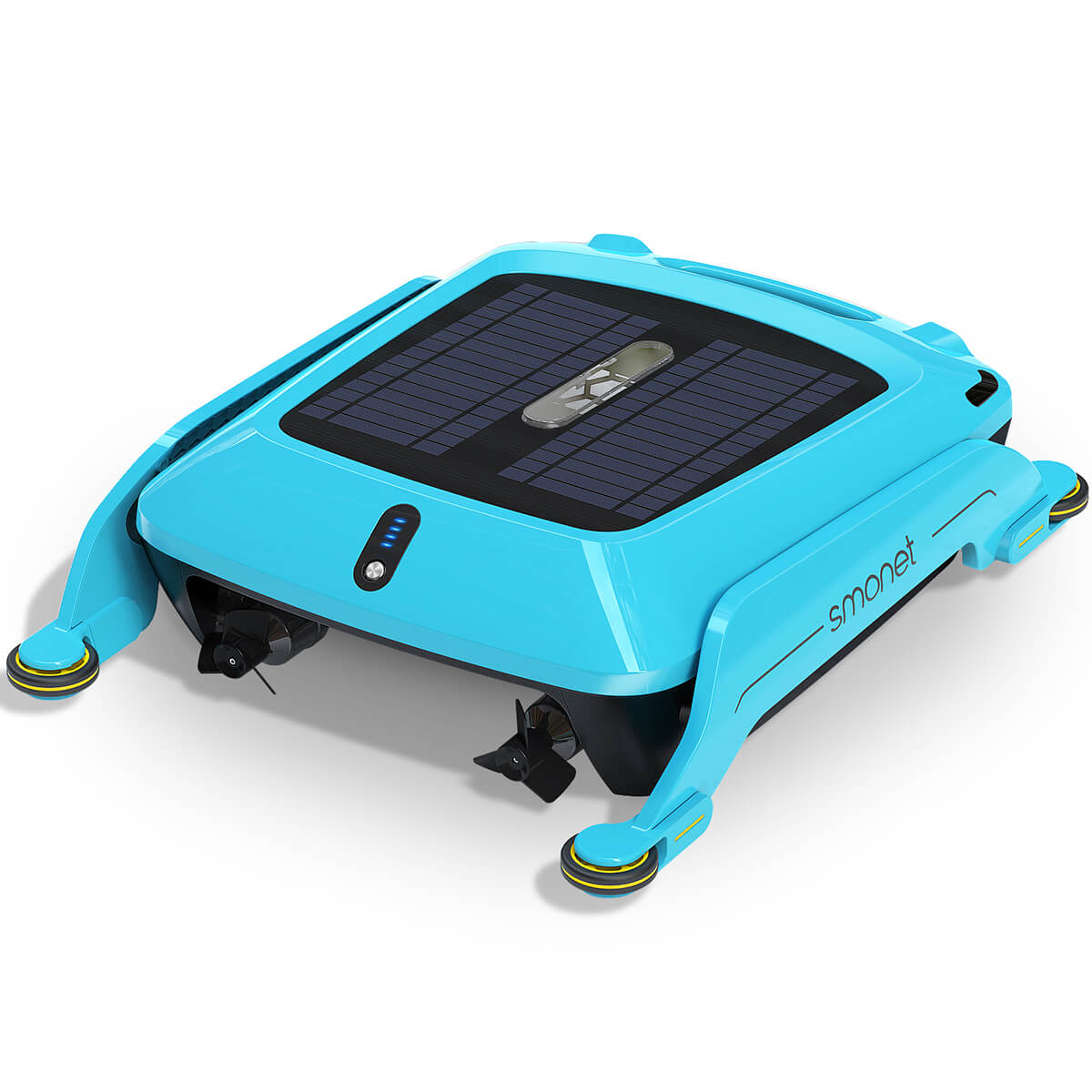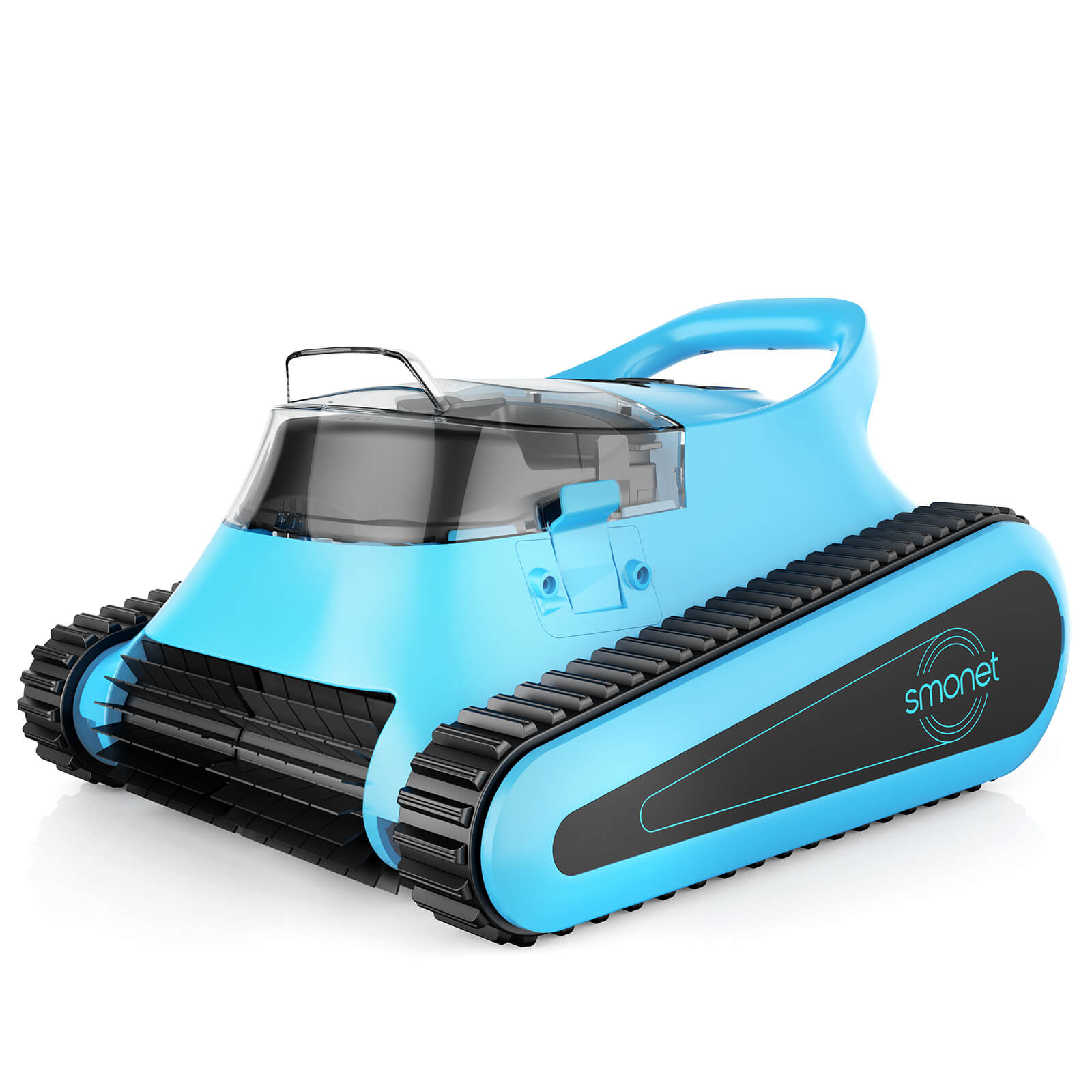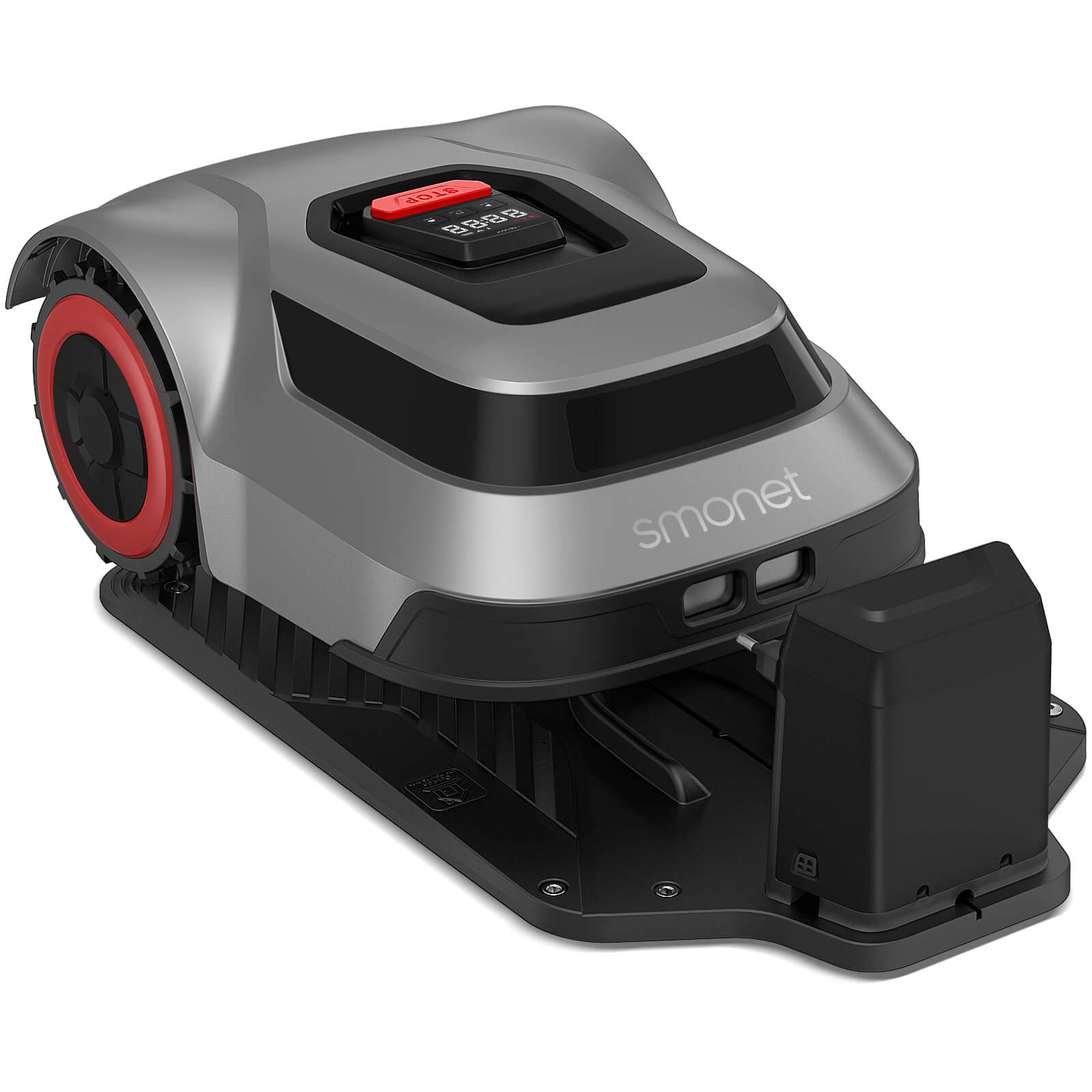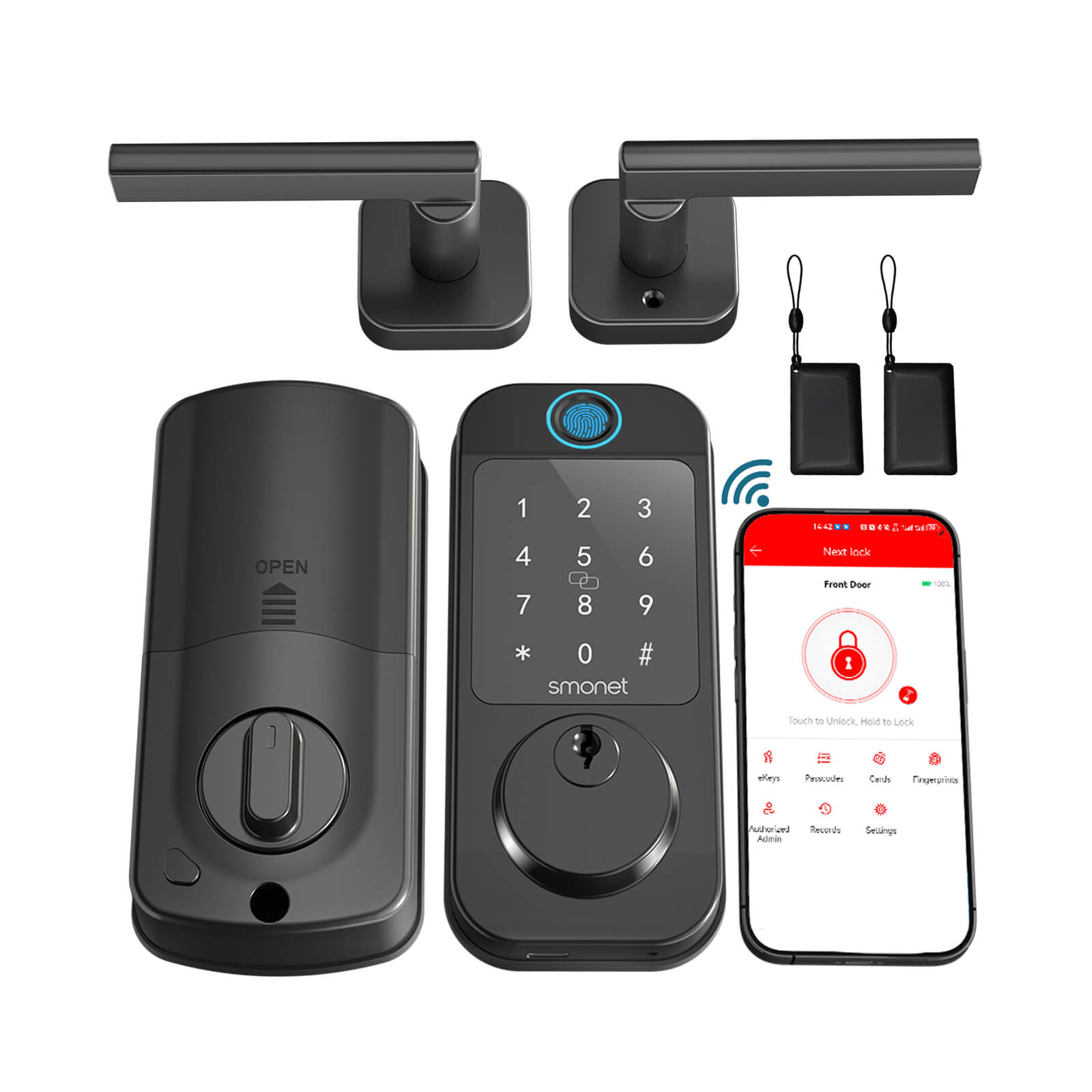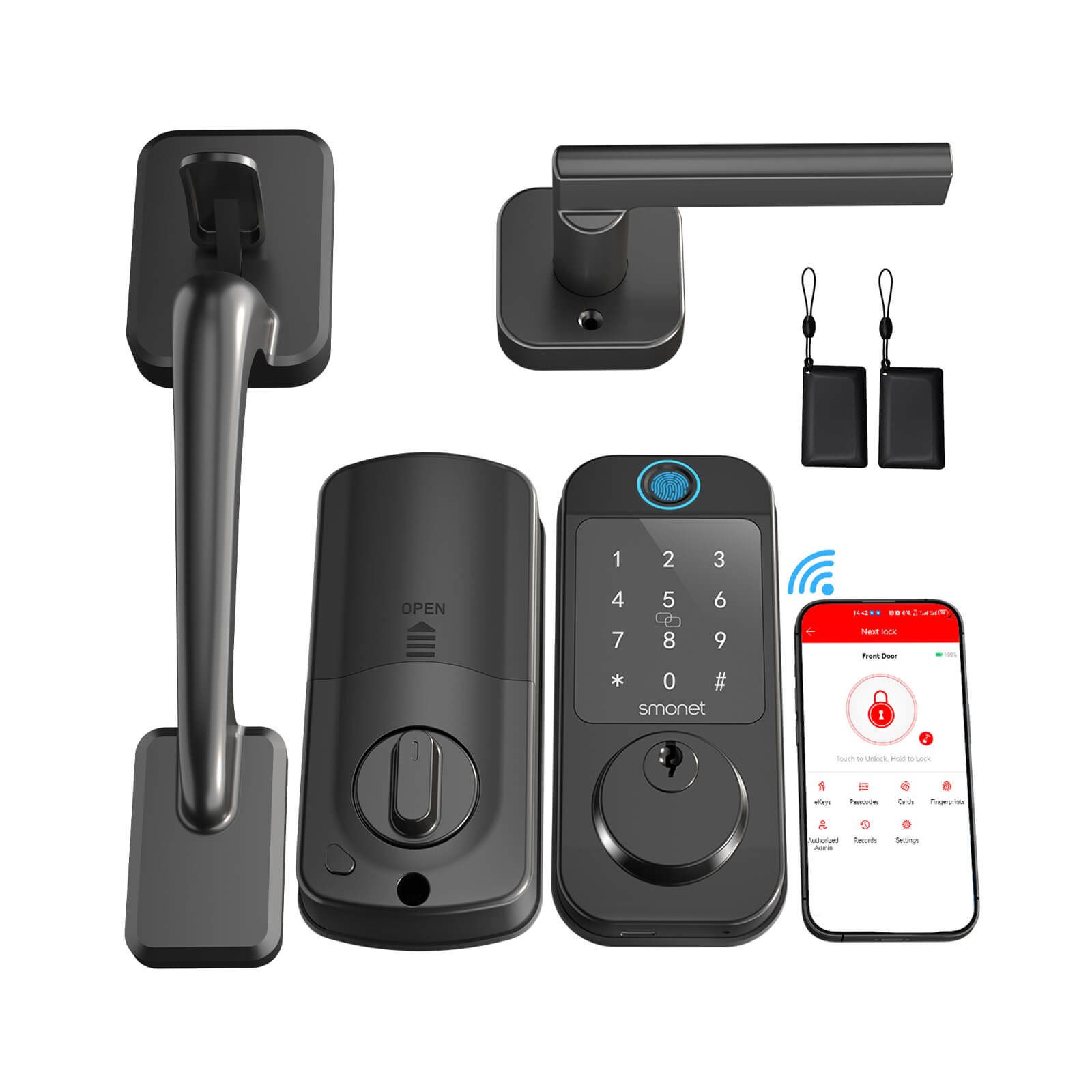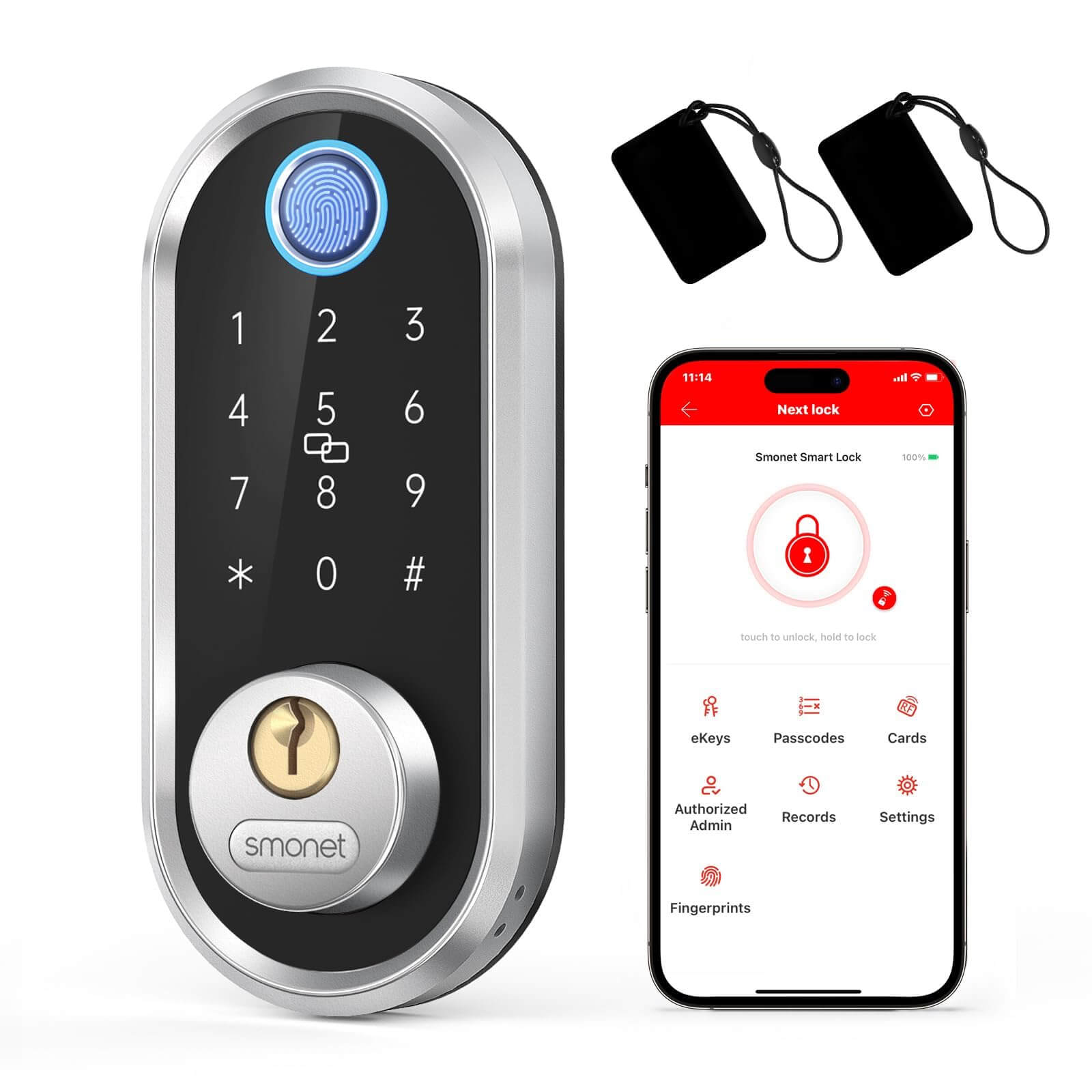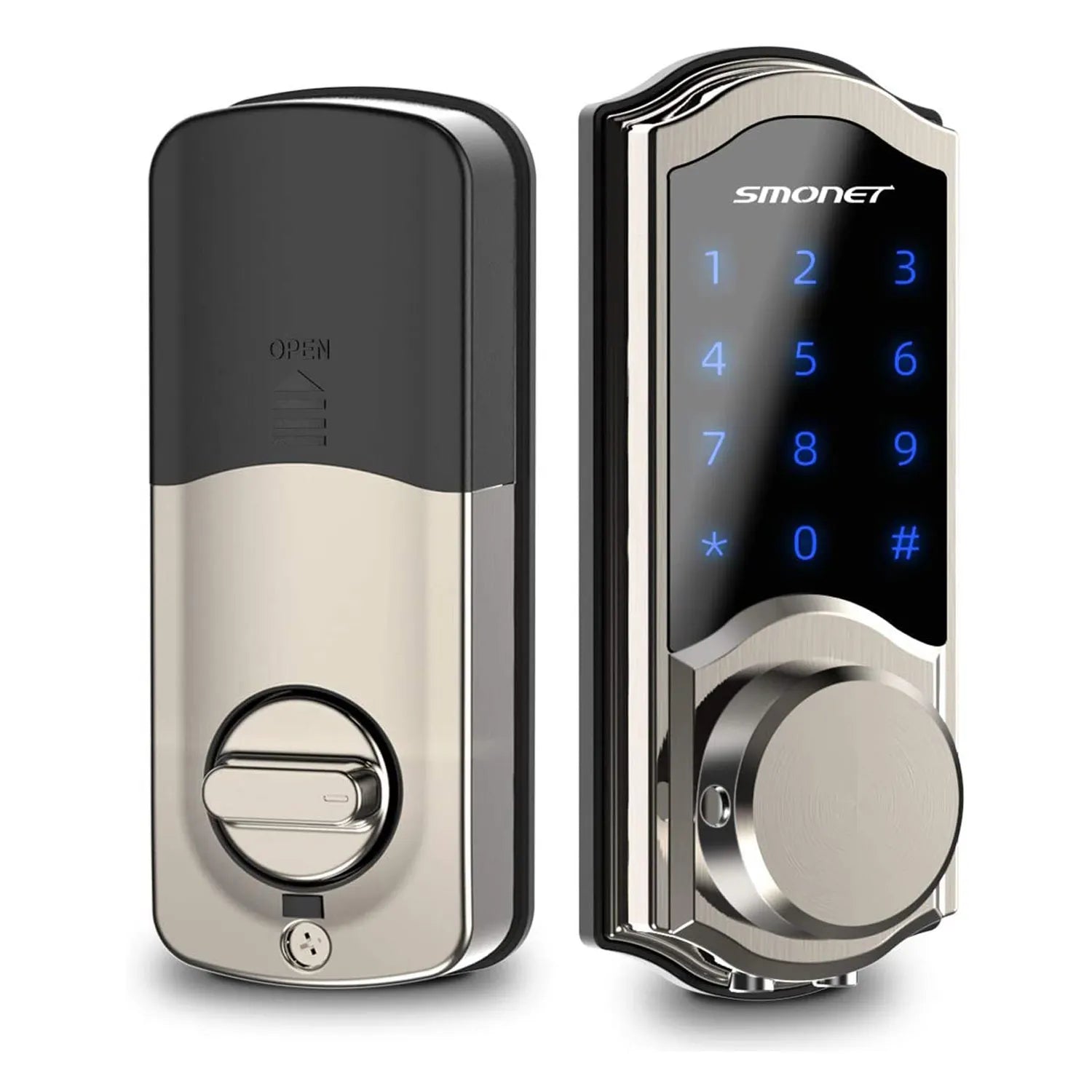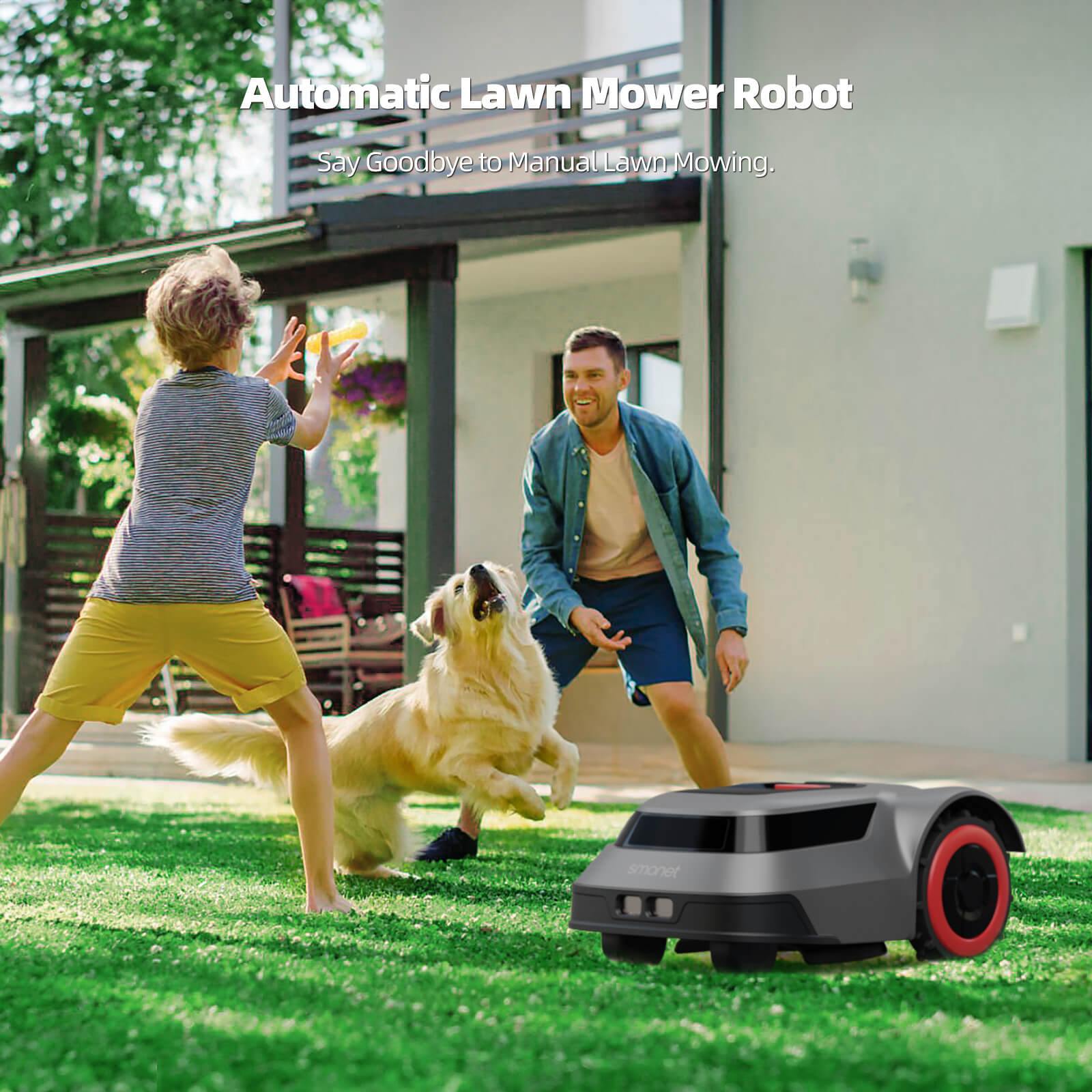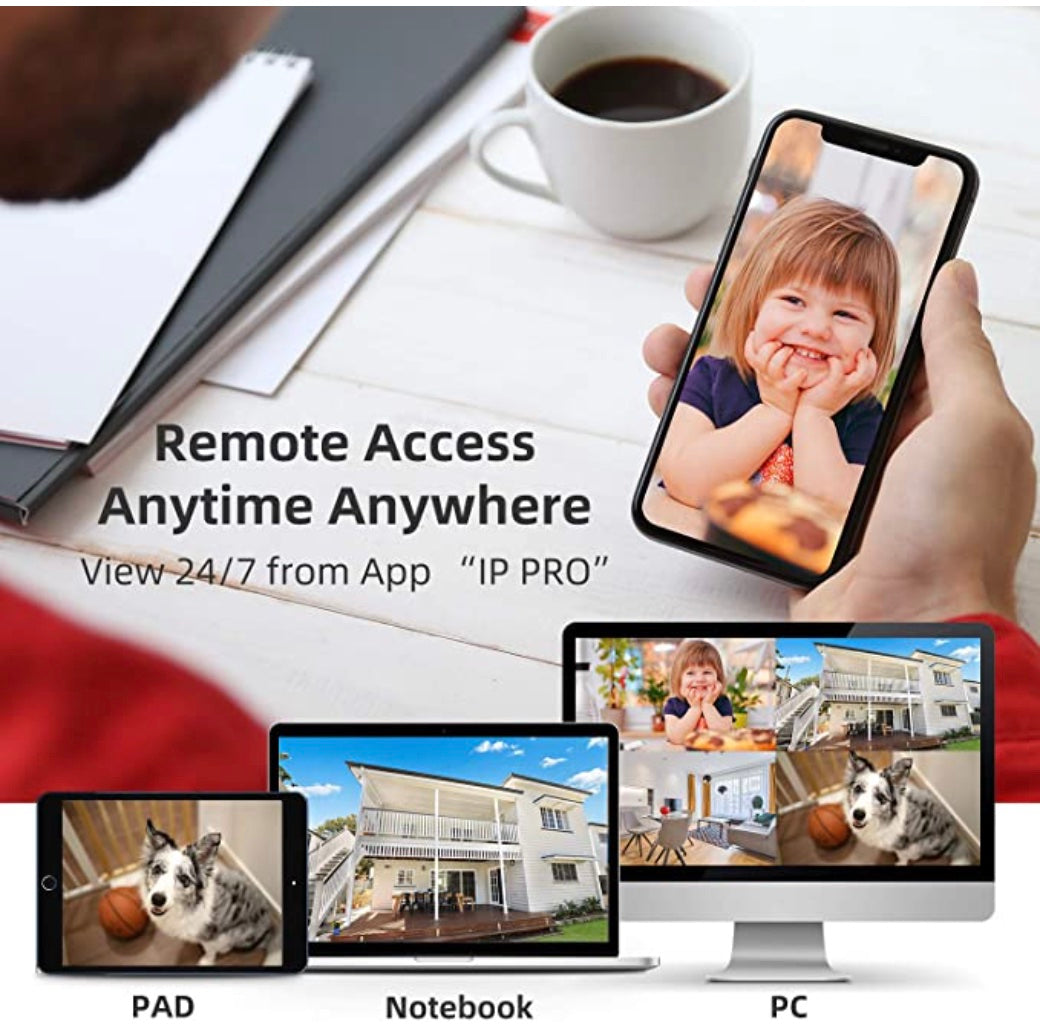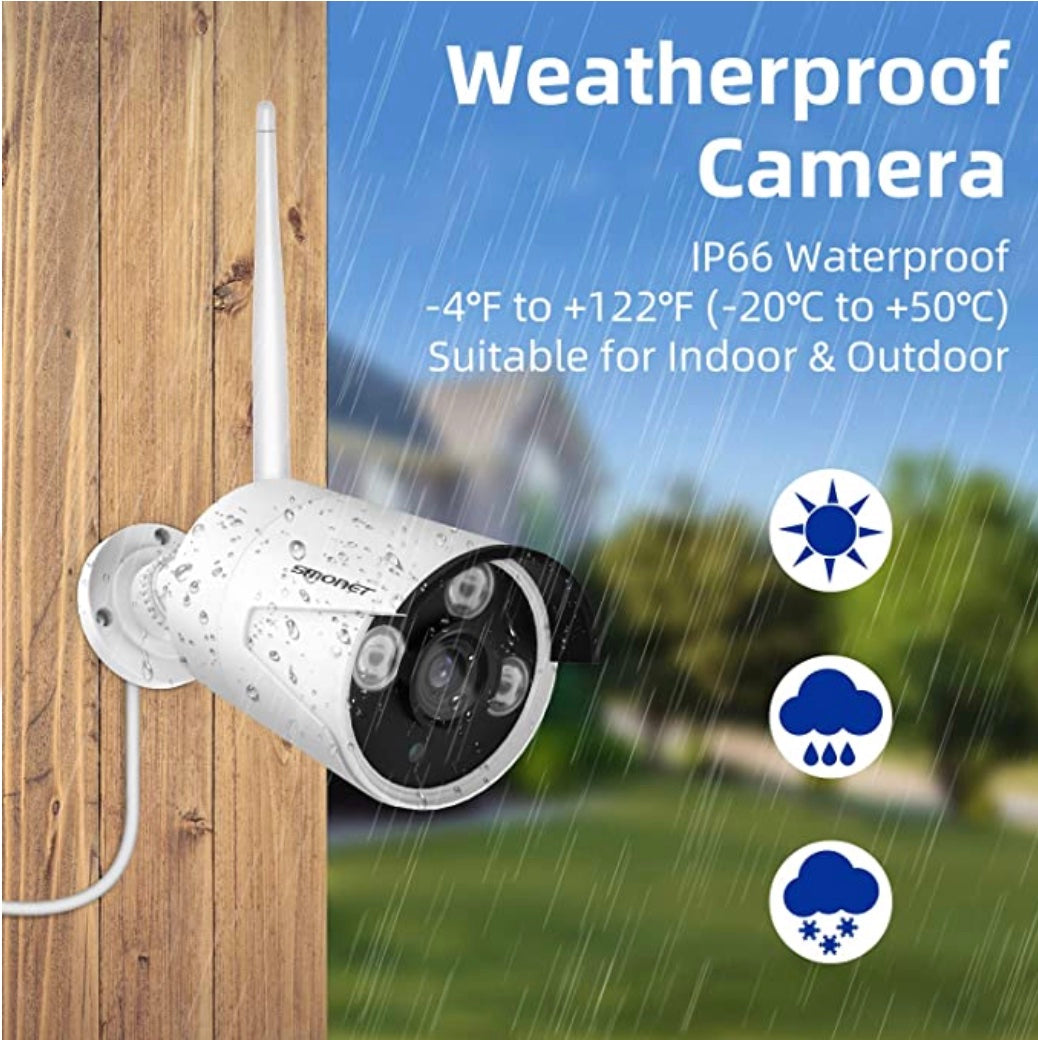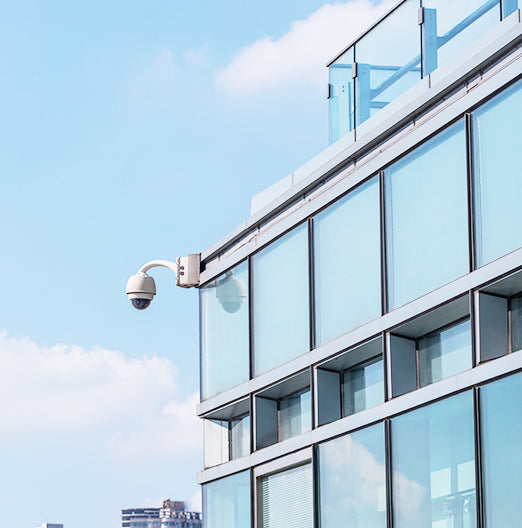Home security is one thing we often take for granted, at least until something bad happens. Then it's usually too late. All of our dearest belongings have disappeared in the blink of an eye, all because we didn't care or think of buying a security camera to protect our house from burglars.
Surveillance cameras can be found everywhere online. They come in different colors, models, and sizes. They also have different specifications and varying prices. If it's the first time you buy a security camera, it's easy to feel overwhelmed by the options available.It's for this reason - and because it's never too bad to revise the basics - that we have gathered this guide. It's supposed to help you better understand this product and, in particular, what you should consider picking the best security camera.
Without further ado, let's shed some light on the ten factors you should consider before buying a security camera system.
1.Select a Camera Type
You can find three types of security cameras: from the most affordable entry-level analog cameras to HD (High Definition) and IP (Internet Protocol) cameras at the top of the market.
Luckily, with the advance of technology, camera prices have dropped significantly. Entry-level HD and IP cameras have entered into the homes and businesses whose owners have a small to medium-sized budget. So, expect to find quality on a budget, even for security cameras.
2. Decide What You Want to See With This New Camera
For how sophisticated and technologically-advanced they can be, security cameras are not like humans. Do you want the camera to see vehicles passing outside the front driveway gate or check if someone rang the bell?
Cameras can't perfectly mimic the dynamic range and depth of vision of the human eye. Sure, many models come equipped with a dynamic range, 360-degree vision, and the ability to handle different lighting conditions.
However, first, you should make sure what this camera will be used to find the best model for your needs.
3. Understand the Basic Camera Specs
You don't need to be a pro to pick a performing security camera. What you need is to grasp a few of the basic technical concepts behind this product.
Take, for example, lens size, wide-angle degree, and memory for data storage. When it comes to lens size, the general rule is that this indicates how far away in meters, the camera will see the subject (focal length).
The degree of a wide-angle lens, on the other hand, determines the field of vision and shortens the focal length as the angle becomes wider.
We know it might sound very technical. Imagine having a basic 60 degrees wide-angle, 4mm lens. This lens will identify a human target at up to 4 meters away. However, it won't have enough range to check the neighbor's property as well. Generally speaking, when the field of vision to the left and right is lower, the range at which a human target can be identified will increase.
Most security cameras are designed to have a range of data storage sizes from 1TB up. The storage capacity can be increased if you add an external hard drive or attach any storage devices connected to your home network.
4. Consider the Installation Costs
Selecting the type of security camera is only one step of the whole shopping process. You should also control the cost of recorders and other peripherals like cables and connectors. It's also a good idea to ask for the estimated costs for an uninterrupted power supply and the cost of labor.
Trust us; you'd rather ask these questions before buying a security camera so that you can avoid any future regrets, especially if your budget is limited.
5. Find the Best Camera Position
Buying a high-quality security camera is not enough. You also need to decide where to place it. This highly depends on the topography of your property and your security needs.
The first camera is usually installed in a strategic position, like near the front door or gate. It's supposed to gather enough information about all the people and vehicles entering or getting closer to your property.
If you have more than one security camera, you might also place the other ones around your home or business property to cover more weak spots. An example of a weak spot is near a back wall that runs parallel to an alley. Another one can be the darkest side of your house. Either way, make sure to cover the entire perimeter of your property with cameras to set up the best security warning system.
6. Invest in Quality
We would always recommend shooting for the best value surveillance camera for your budget. In particular, you might want to opt for a good quality, small, entry-level system that allows you to add more cameras later on. This would be much better than rushing to buy a cheap camera and then entering into a phase of buyer's remorse.
When possible, always go for products from reliable manufacturers, like Smonet. Discover more here.
7. Look Over the Warranty
Some retailers might trick you into buying cheap security cameras and then leaving you out of warranty within a couple of months or so. Then, you'll end up regretting this choice if the camera fails within that time frame.
A reputable company, like Smonet, will always sell security cameras with a much longer warranty so that you can be covered in case anything happens even several months after your purchase.
8. Choose Between Analogue, HD, or IP Cameras
We all want to shop for quality on a budget. However, sometimes you need to pick either one.
You might have to decide if you should go for a more affordable entry-level analog camera or invest in an HD or IP camera instead. This decision depends on the quality of the image you're looking for and on your long-term security needs.
An analog camera usually has a low-resolution image that works well to detect people and monitor areas. On the other hand, an HD camera provides a crisper high-resolution image that is ideal for identifying certain details - like numbers or characters - or to gather recordings for legal purposes.
With a higher resolution, you'll be able to zoom in digitally and retain an image quality high enough to identify people and details, like car number plates. You can then share these recordings with police investigators and security companies.
9. Consider Any Need for Extra Lighting
Security cameras can usually record colors during the day. However, they will switch to black and white at night unless you set up enough support lights.
We suggest adding support outdoor lighting. An LED lamp, for example, can boost the color definition of your security camera. This detail might appear as almost irrelevant. However, it will allow you to identify the color of the intruders' cars and clothes.
On the market, you can find low light cameras that don't require support lighting. They're usually more expensive. It's probably more convenient for you to invest directly into more support outdoor lights.
10. Ask For Help
There's nothing wrong with admitting you might need help picking the right security camera for your budget and needs.
You can contact us at Smonet to receive professional advice at any time. We'll guide you towards making the best choice for your property to match the quality and affordable pricing.
Grasping all the knowledge and technical aspects of security cameras can take some time. Regardless of which model you will pick from our wide selection of security cameras, investing in enhancing your property's security is always a wise choice.
Sum it Up
Today, security camera systems truly help to make your home and business a better and safer place. The amount of occasions in which you could benefit from owning a high-quality security camera is practically endless.
On Smonet you can find a wide selection of the best security cameras on the market, all with consistent and reliable customer service. Not to mention that our prices are always highly competitive for the quality that you can buy.
Shop for your next security camera now on Smonet!

